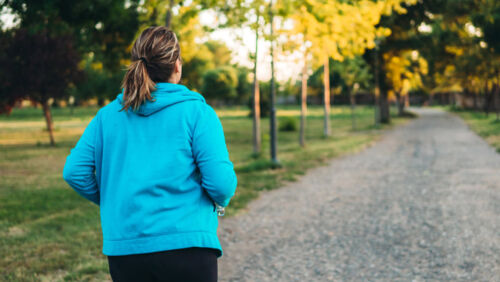What if your loved one needs to go into aged care during COVID-19
By Susan Hely
Selecting quality care for ageing parents is much tougher under COVID-19. Before the pandemic, nursing homes were viewed as a safe place for frail parents who couldn't live on their own. But COVID-19 has exposed the risks of poorly run facilities.
Not only did some have dismal infection controls but they were chronically understaffed with poorly trained, low-paid employees.
If your ageing parent needs to go to a nursing home, what do you do?
It is a huge emotional decision for a family, but the new dilemma is that COVID-19 spreads in shared living spaces and older people face an increased risk of contracting it - and perhaps dying.
You certainly don't want to have your parent in a for-profit nursing home that looks slick but it is intent on making money and scrimping on care. You need to be confident it follows high standards, using personal protective equipment, routinely testing employees and residents and employing extra staff.
Not surprisingly, people are delaying sending their parents to nursing homes. However, there aren't many other choices. Either you or your family look after your elderly relatives or you access private or government-funded home care.
Finding care before COVID-19 wasn't easy either. My mother, Rosemary, a fiercely independent woman, needed help as she grew frail and her memory faded. She couldn't remember if she had eaten or taken her tablets. She was getting lost and the doctor cut up her driver's licence when she refused to stop driving.
Home care made a big difference. After a wait of more than nine months, she was assessed and qualified for the lowest level of four hours a week. This amounted to carers visiting four days a week to make her lunch (and watch her eat it), check on her medication and take her to the doctor.
Around one million Australians receive home care and support services. There are four levels of home care worth from $9000 to $52,000, as well as the Commonwealth home support program. The wait times to be assessed are frustratingly long - years for the bigger packages - with an estimated 100,000 elderly people on the list. So don't leave your application until your parent is desperate. Get onto the lists as early as you can.
But home care isn't without risks either. Elderly people have caught COVID-19 from carers. At the beginning of August, some 60 cases had been recorded.
The current royal commission into aged care quality and safety is shining a light on the choices as well as the standard of care. Originally set up to investigate aged care before COVID-19, it has expanded to look into homes with high infection rates.
Not surprisingly, the royal commission has heard how some families have taken their loved ones out of aged care homes.
Keeping your elderly relatives at home can be full-on and sometimes a burden for family caregivers. It often isn't compatible with your working life and there can be safety issues, too.
In my mother's case, the carer arrived one day to find her cooking plastic bags in the microwave. Worryingly, they had caught fire and she hadn't noticed. I was told my mum needed 24-hour care as soon as possible as she couldn't live on her own.
It was before COVID-19 and I was told to check out a number of nursing homes in my area. I asked around and chose around 15. I made appointments with the managers and was given an extensive tour of the facilities, including the common areas and private rooms. The costs were explained.
But during COVID-19, nursing homes aren't as easy to examine. Some don't allow external visitors while others allow a meeting in a common room but no entry to private rooms. Respite beds - often a way for someone to stay and test out the nursing home - have been reduced in case any residents fall sick and need to be isolated.
Few people can afford private 24-hour care. Some families share the caring among siblings so that there is always someone watching their relative and helping them.
Get stories like this in our newsletters.



